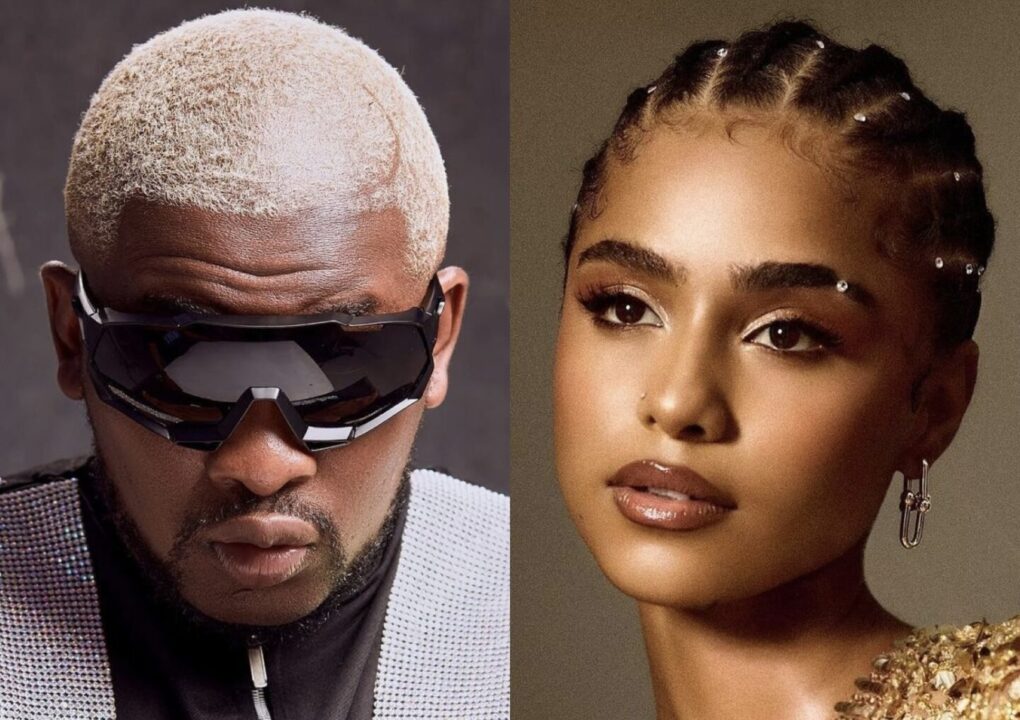

The heavyweight OAP is of the opinion that Tyla shouldn’t have received the award.
Popular Nigerian on-air personality and host, Oladotun Ojuolape Kayode, better known as Do2dtun, didn’t mince words when reacting to South African singer Tyla‘s controversial VMAs acceptance speech.
Tyla, who won the Best Afrobeats category at the 2024 MTV Video Music Awards, stirred reactions by distancing herself from the Afrobeats genre. During her speech, she emphasised that African music extends beyond Afrobeats and highlighted her identity as an Amapiano artiste, a genre rooted in South Africa.
Do2dtun took to social media to express his displeasure, questioning why Tyla accepted the award if she didn’t identify with the genre. He argued that she should have either rejected the nomination or the award itself. Do2dtun further criticised her for undermining Afrobeats during a global moment that should have celebrated the genre’s success. The debate has since sparked wider discussions about the representation and categorisation of African music on the international stage.
Do2dtun took to social media to express his displeasure, questioning why Tyla accepted the award if she didn’t identify with the genre. He argued that she should have either rejected the nomination or the award itself. Do2dtun further criticised her for undermining Afrobeats during a global moment that should have celebrated the genre’s success.
READ ALSO – Tems responds to Buju Banton’s Afrobeats criticism
The debate has since sparked wider discussions about the representation and categorisation of African music on the international stage, as many opine that the song ‘Water’ that Tyla used to win the award indeed is an Afrobeats song. He wrote:
“Aunty @tyla aka am not Afrobeats, I am Amapiano. We have heard you but your song “Water” isn’t amapiano either. If you thought you were categorized in a wrong category, you should have given the award back or denounced the nomination. You clearly took an award that didn’t represent you or your sound from that statement you made”.
He expressed frustration at what he saw as a distortion of African music genres, particularly with the global labelling of various African sounds under the Afrobeats umbrella.

